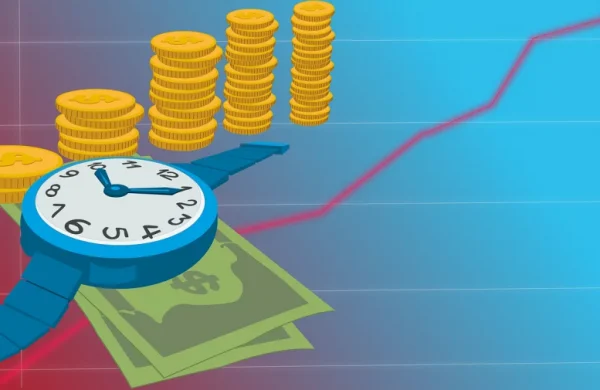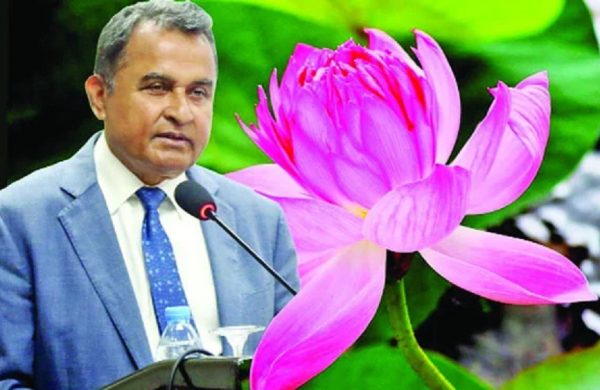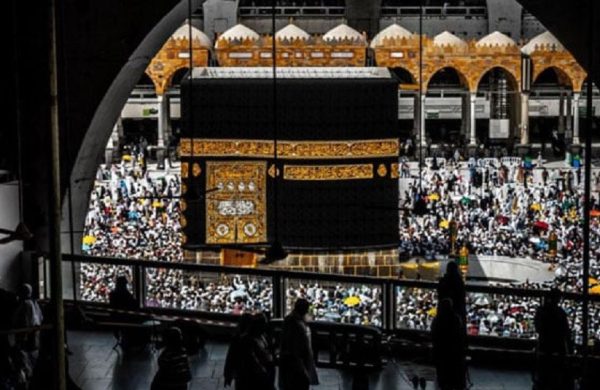Businesses shutting down, non-performing loans on the rise
- Update Time : Monday, October 21, 2024

- Extensive plundering under AL regime affected banking sector
- Influential groups took out large loans, siphoned off money abroad
TDS Desk:
Businesses are shutting down one after another, while the volume of non-performing loans is increasing, according to government reports.
Bangladesh’s business sector has been experiencing a form of stagnation for several months. This slowdown, which began much before the interim government took office, has now extended further.
Central bank data shows that loan repayments to banks are declining. Moreover, in the span of just one year, the amount of risky assets in the banking sector has surged by over Tk1,00,000 crore.
Bangladesh Bank’s Financial Stability Report indicates that by the end of 2023, the amount of distressed or risky loans in banks was Tk4,75,000 crore. This included defaulted, restructured, and written-off loans.
As of June this year, the amount is expected to increase by at least another Tk1,00,000 crore due to substantial withdrawals from banks during the final period of the previous government.
The Financial Stability Report for 2023, released by Bangladesh Bank on September 26, states that at the end of 2022, the banking sector’s risky assets amounted to Tk3,78,000 crore, meaning that the volume of risky assets would grow by Tk1,09,000 crore within a year.
The report also mentions that ongoing global issues such as the Russia-Ukraine war, the Israel-Palestine conflict, and other internal and external challenges might reduce the ability of borrowers to repay their loans, which could further deteriorate the asset quality of the banking sector.
Bankers say the sector saw extensive plundering during the final years of the Awami League regime.
Influential groups, including S Alam and others, took out massive amounts of loans under various names, most of which were allegedly syphoned off abroad.
Bangladesh Bank restructured them to prevent these loans from being classified as defaults. Under the lenient policies of the then-governor Abdur Rouf Talukder, a significant number of loans were restructured, which are now beginning to default once again.
Bangladesh Bank Governor Dr Ahsan H Mansur recently said just four to five families had borrowed around Tk2,00,000 crore from banks.
In August, when the new government took over, 46 companies shut down entirely. The next month, an additional 26 companies ceased operations.
According to the Office of the Registrar of Joint Stock Companies and Firms (RJSC), a total of 128 companies closed down between May and September, with 83 shutting down completely in the first three months of the current fiscal year (July to September).
Many business patrons who benefitted from the previous government have already left the country, causing the overall business environment to stagnate. Additionally, over 200 garment factories halted production early last month due to labor unrest.
GARMENT SECTOR UNREST
According to the Bangladesh Garment Manufacturers and Exporters Association (BGMEA), the unrest in areas like Savar, Ashulia, and Gazipur caused an estimated loss of nearly $400 million in September and October.
BGMEA President Khandoker Rafiqul Islam said, some orders had shifted to competitor countries due to the prevailing situation. He remarked on Saturday that the state of the industry was not good.
“We have fallen behind our competitor countries a little. Globally, the import of our garments has decreased. From January to August this year, US garment imports grew by 1.5%, while imports from Bangladesh decreased by 3.8%. In contrast, China’s exports increased by 3.6%, Vietnam’s by 5.2%, India’s by 7.6%, and Cambodia’s by 7.7%.
“In Europe, total imports increased by 3.3% from January to July, with Bangladesh’s share growing by only 2.8%. In comparison, imports from China increased by 6.4%, India by 5.18%, Cambodia by 18.35%, Vietnam by 12.61%, and Pakistan by 14.41%. For the July-September period this year, Bangladesh’s export growth was 5.34%, while Vietnam’s growth reached 15.57% and India’s 13.45%. This indicates that we have significantly lagged behind our competitors in export growth during the third quarter of this year, suggesting that export orders have shifted to those countries.”
Rafiqul said due to instability in certain industrial areas recently, “our exports and production were disrupted, causing losses of approximately $250-300 million in September alone.”
CHALLENGES AND FIGURES
According to analysts, political changes have limited business opportunities for some companies. In addition, on top of inflationary pressure, increased production costs, reduced sales, high interest rates, labour unrest, transportation and technical issues, a shortage of raw materials due to the dollar crisis, the impact of global conflicts, and adverse effects of unexpected floods are challenges for entrepreneurs.
Company reports say that based on the decisions of their board of directors, many of these businesses are permanently closing. About 160 companies are already in the process of shutting down. Some have submitted closure applications and necessary documents to the RJSC, while others have announced closure decisions in their general meetings.
The list of closures includes both small businesses and larger group enterprises.
Among these companies, registered with the RJSC, there are firms from both the goods supply and service sectors. Some companies that had registered with plans for new investments are also on the closure list.
According to data from Bangladesh Bank, by December 2023, approximately 32% of the total loans, amounting to around Tk15,00,000 crore, were classified as distressed loans.
This figure represents a 26%, or about Tk1,00,000 crore, increase from the previous year.
Currently, the banking sector’s total loans stand at approximately Tk16,00,000 crore, with less than 12% of those loans considered non-performing. However, if large loans, including those taken out by S Alam Group, are taken into account, the non-performing loan rate could rise to 20%.
Syed Mahbubur Rahman, managing director of Mutual Trust Bank, told this correspondent that the concerning issue was that non-performing loans (NPLs) in the banking sector were continually increasing.
“Although our current NPLs amount to slightly above Tk2,00,000 crore, if the loans taken out by groups like S Alam had to be added, this figure could rise to between Tk3,00,000 crore and Tk3,50,000 crore, excluding loans held in legal or other contexts.”
Data from Bangladesh Bank indicates that industrial entrepreneurs have the highest share of loan rescheduling. By the end of 2023, 26.4% of rescheduled loans were in the industrial sector, followed by the textile and readymade garment sector at 20.9%.
Banks rescheduled non-performing loans worth Tk91,221 crore last year, the highest in a single year to date. The total outstanding rescheduled loans stood at Tk2,88,540 crore, representing 18.75% of the total disbursed loans. When adding rescheduled loans to non-performing and written-off loans, the amount of bad loans rises to Tk5,00,000 crore.
The real situation could be even worse if loans taken out by bank directors are considered, analysts say.
Dr Zahid Hussain, former lead economist at the World Bank’s Dhaka office, said if the non-performing loans frozen by court orders were included, the bad loan figures would be even higher.
“On the one hand, there has been large-scale embezzlement with the support of the central bank, and on the other, big borrowers have exploited their influence to secure loan benefits through various political channels without repaying them, putting banks under pressure.”
Meanwhile, several banks are under stress for having disbursed loans without proper scrutiny, and some are struggling to repay depositors on time.
Non-bank financial institutions are also witnessing a rise in non-performing loans. From April to June this year, non-performing loans in financial institutions increased by Tk822 crore, with the total amount reaching nearly Tk25,000 crore by the end of June, which is 33.15% of the sector’s total disbursed loans.
















